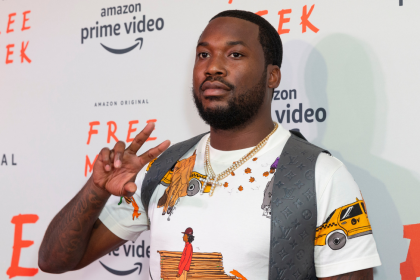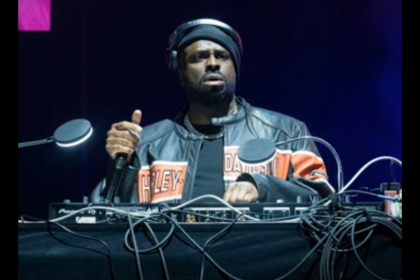Sean “Diddy” Combs faces new accusations of violence in a federal lawsuit filed Nov. 3, with an Atlanta man alleging the music mogul shot at him during a car chase in the 1990s.
DeWitt Gilmore detailed the alleged incident in a News Nation interview, describing a confrontation near New York’s Herald Square that escalated into gunfire and a high-speed pursuit.
“We’re in front of Herald Square. It’s about one in the morning and his bodyguard pulls his sports car and runs me off the road so now I’m on an island,” Gilmore said. He described hearing gunshots before fleeing the scene with his bodyguard.
The $5 million lawsuit addresses events allegedly occurring in summer 1996. Gilmore claims Combs and associates confronted him after leaving a nightclub, leading to threats and ultimately gunfire.
Despite New York’s one-year statute of limitations for assault cases, Gilmore’s legal team argues new evidence justifies reopening the matter. This includes testimony from Gilmore’s former bodyguard, Lance, who had not previously provided a complete account.
Gilmore attributed his delayed legal action to fear. “We’ve all been intimidated quite frankly by Puffy and his money, his name changes and all of his goons and his security and his fan-base,” he said.
Representatives for Combs dismissed the allegations. “Mr. Combs cannot respond to every new publicity stunt, even in response to claims that are facially ridiculous,” they said in a statement. “Mr. Combs and his legal team have full confidence in the facts and the integrity of the judicial process.”
The lawsuit seeks damages for emotional distress, physical harm, lost opportunities and reputational damage. Gilmore’s legal team argues recently obtained witness testimony provides sufficient grounds to overcome statute of limitations concerns.
Legal experts note the challenge of pursuing decades-old allegations, particularly given New York’s typically strict limitations period. The case’s progression may depend on the strength of newly presented evidence.
The allegations emerge as the music industry faces increased scrutiny over historical behavior and accountability. Similar cases involving other entertainment figures have highlighted the complexities of addressing alleged misconduct from previous decades.
Gilmore indicated recent events encouraged him to come forward. “Ever since he got locked up, I just feel safe now to come forth and tell my story,” he said, suggesting broader implications for power dynamics in the entertainment industry.
The federal court filing details specific claims about the alleged confrontation, including the presence of multiple witnesses and security personnel. These claims await formal legal response from Combs’s team.















